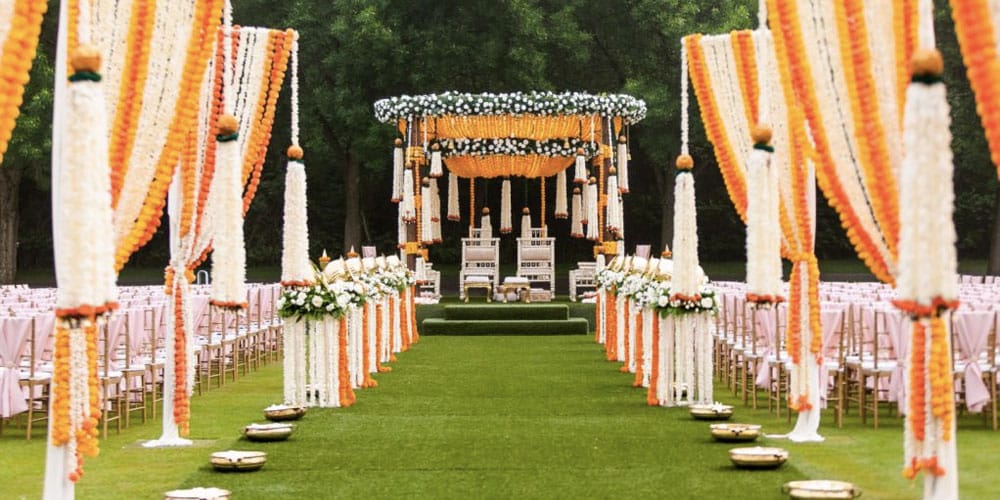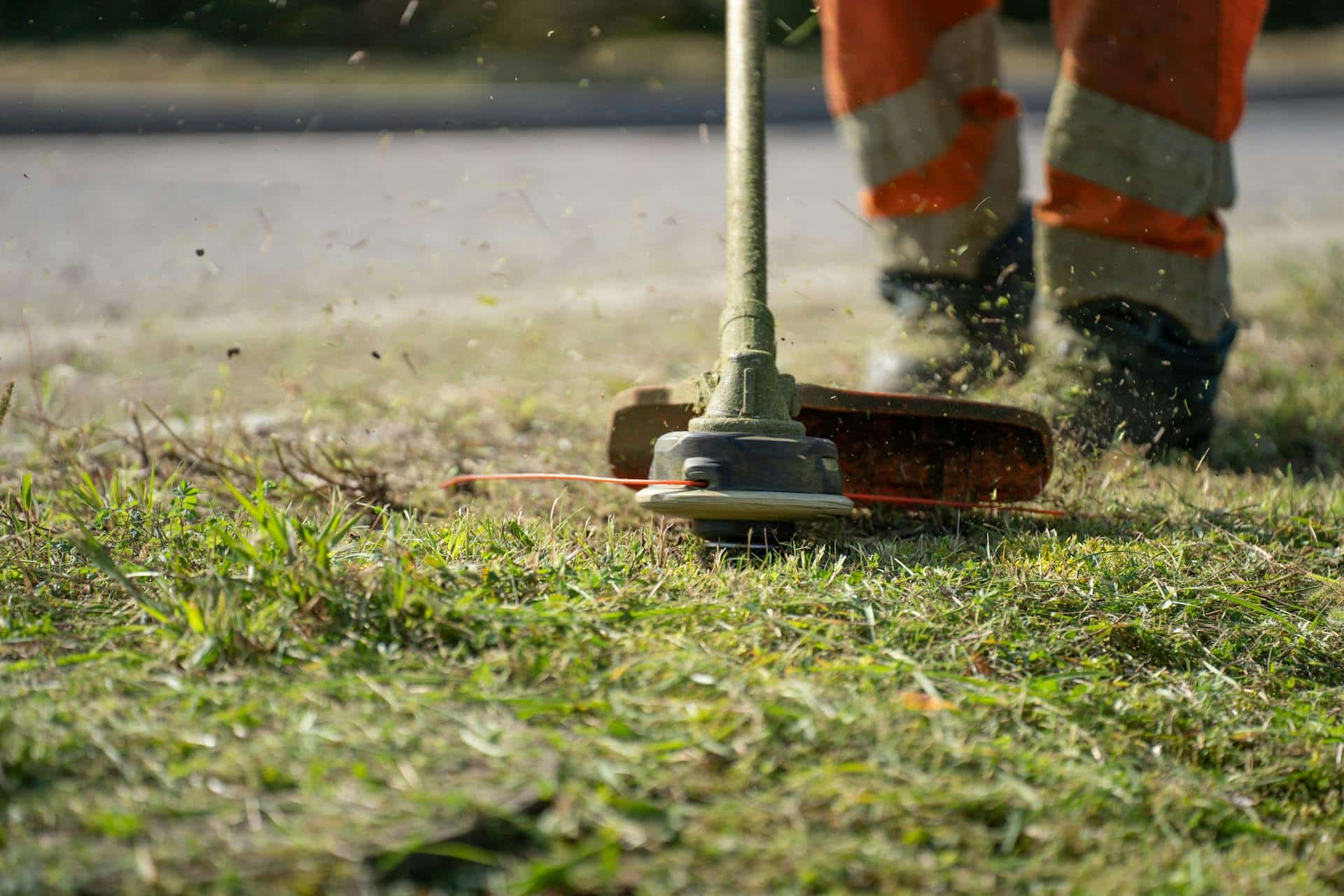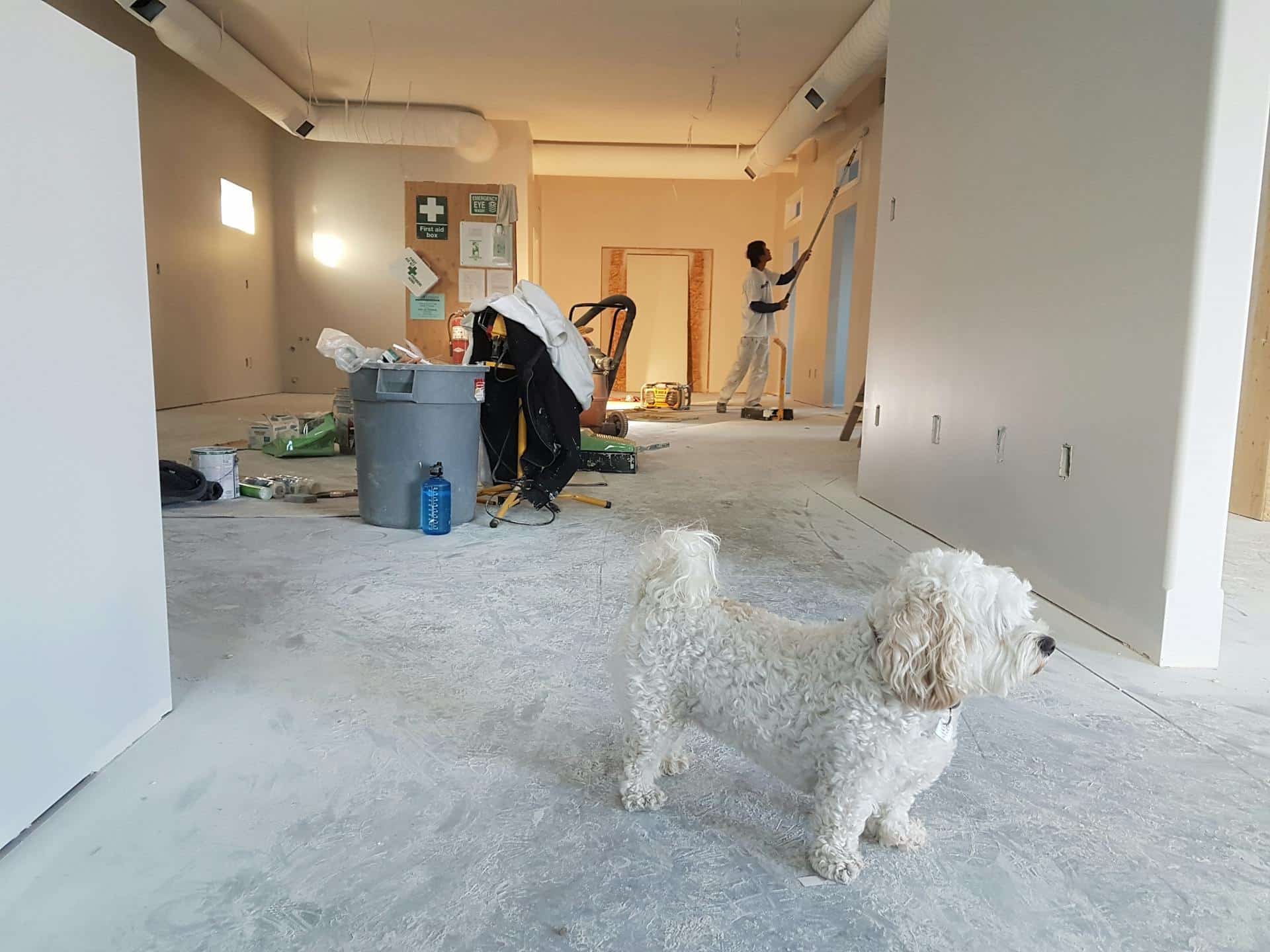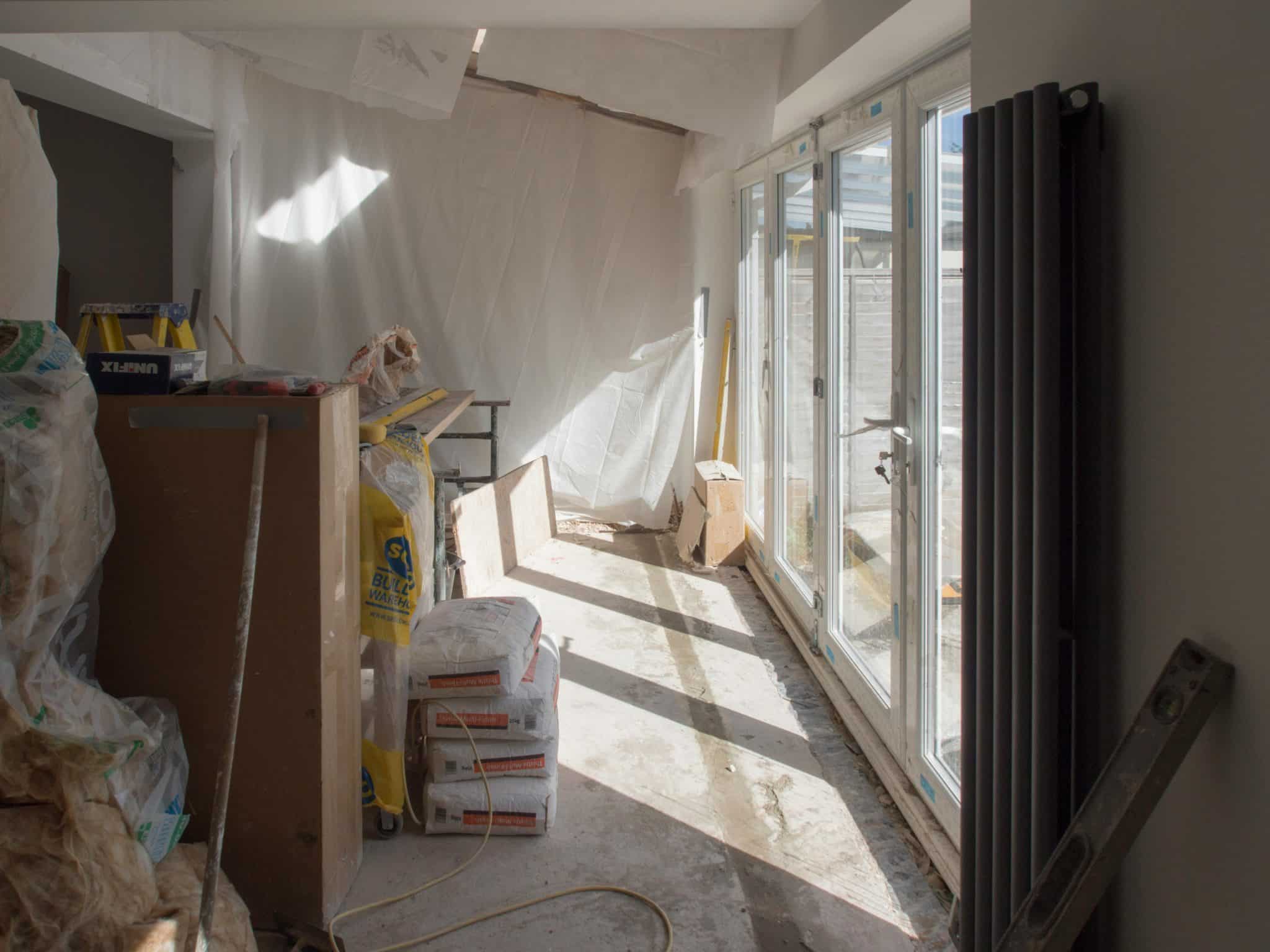When you picture the perfect wedding, does it include sunlight filtering through oak trees, butterflies fluttering around wildflowers, and the soft rustle of leaves in the breeze? If so, a garden wedding might just be the dream you’re chasing. Here in Texas, especially along the Gulf Coast, we’re blessed with long growing seasons, lush landscapes, and enough backyard beauty to turn any green space into a venue worthy of vows.
But just like planting a garden, planning a garden wedding takes a little know-how, a lot of prep, and the right tools in your wheelbarrow. Let’s dig in.
1. Pick the Right Time to Bloom
Timing is everything. You wouldn’t plant tomatoes in January, and you wouldn’t want to host an outdoor wedding in the middle of August in Houston, either.
The best seasons for a garden wedding in Texas are early spring (March to April) and late autumn (October to early November). During these windows, temperatures are manageable, humidity isn’t off the charts, and many flowering plants are at their peak. Gardenias, roses, camellias, and azaleas thrive during these periods and provide stunning natural decor.
If you’re locked into a summer date, opt for morning ceremonies or twilight celebrations, and plan for plenty of shade and hydration for both guests and plants.
2. Prep Your Landscape Like It’s Showtime
If you’re hosting at home or using a private garden, start prepping the landscape 3–6 months in advance, depending on the season. Think of it like prepping a stage, the garden is your set, and the stars (that’s you two!) deserve the best backdrop possible.
Start with:
- Randy’s Lawn Fertilization Schedule: This will get your turf green, healthy, and picture-perfect.
- Mulch the flower beds to conserve moisture, suppress weeds, and add a polished finish.
- Trim back overgrowth to open up spaces for photos, seating, or walking paths.
- Plant focal points like flowering vines around a trellis, or create a mini wildflower meadow.
And don’t forget to check for unwanted visitors, mosquitoes love weddings as much as humans do. Apply organic pest control a few days ahead to keep the party pest-free.
3. Embrace Garden-Inspired Decor

One of the best parts about a garden wedding? You can let nature do the decorating.
Layer your tables with greenery garlands, floral runners, or pots of blooming herbs. Use cuttings from your own garden, ferns, rosemary, salvia, even citrus branches, for a personal touch that smells as good as it looks.
For a ceremony arch, keep it simple: a wood trellis with trailing jasmine, or even a repurposed iron gate wrapped in vines. There’s no need to go over-the-top when your surroundings are doing the heavy lifting.
4. Think Practically About Guests (and Weather)
Here in Texas, you always have to plan for a curveball from Mother Nature. Whether it’s a pop-up thunderstorm, a gusty wind, or an unseasonably hot day, be ready with:
- Tents or canopies for shade or shelter
- Fans or heaters, depending on the season
- Flooring or mats to protect guests from muddy shoes or uneven ground
Let your guests know it’s a garden wedding in advance, so they can dress accordingly. And speaking of telling your guests…
5. Send a Garden-Vibes Digital Wedding Invitation
Skip the paper cuts and postage stamp, send your guests a digital wedding invitation that reflects your garden theme. Think illustrations of wildflowers, leafy borders, or watercolour gardens. Not only is it eco-friendly, but it also sets the tone for what’s to come.
Many wedding planning apps and websites offer digital invitations that are customisable, interactive, and easy to RSVP through, plus, they’re perfect for last-minute weather updates.
6. Make It Photo-Worthy
When you’re surrounded by natural beauty, make sure to capture it. Set up key spots in your garden that lend themselves to unforgettable photos: under an old tree, next to a blooming hedge, or in front of your vegetable patch if you’re proud of it!
Golden hour (that dreamy hour just before sunset) is when your garden will look its most magical in pictures.
7. Take Care of Your Garden After the “I Do’s”
Once the last slice of cake has been eaten and the fairy lights come down, don’t forget to give your garden a little TLC.
Heavy foot traffic can compact soil and damage turf. Aerate if needed, reseed any bare patches, and water deeply the following day. Mulched beds may need refreshing, and any potted plants used for decor can be planted in the ground as a living memory of the day.
Planning a garden wedding in Texas takes a little foresight and a lot of love but when you do it right, it’s a celebration that’s both grounded and grand. Whether you’re surrounded by roses or standing in your own backyard under a blooming crepe myrtle, there’s something undeniably special about saying “I do” in the midst of nature’s beauty.
And remember: just like a garden, the best weddings are rooted in care, joy, and a little help from the right schedule.








